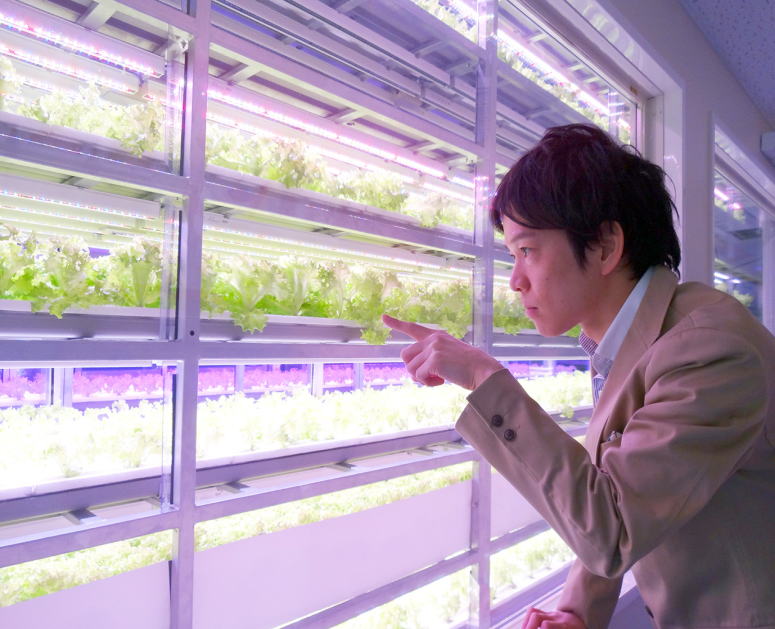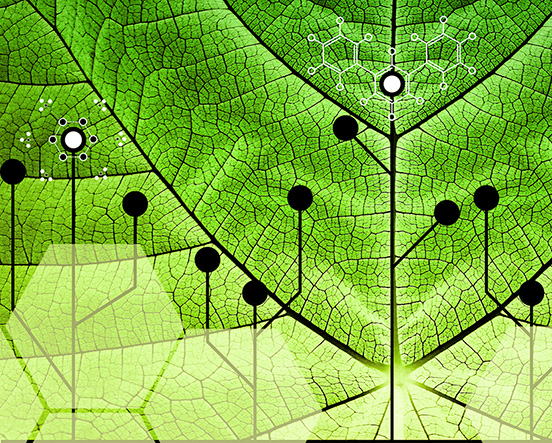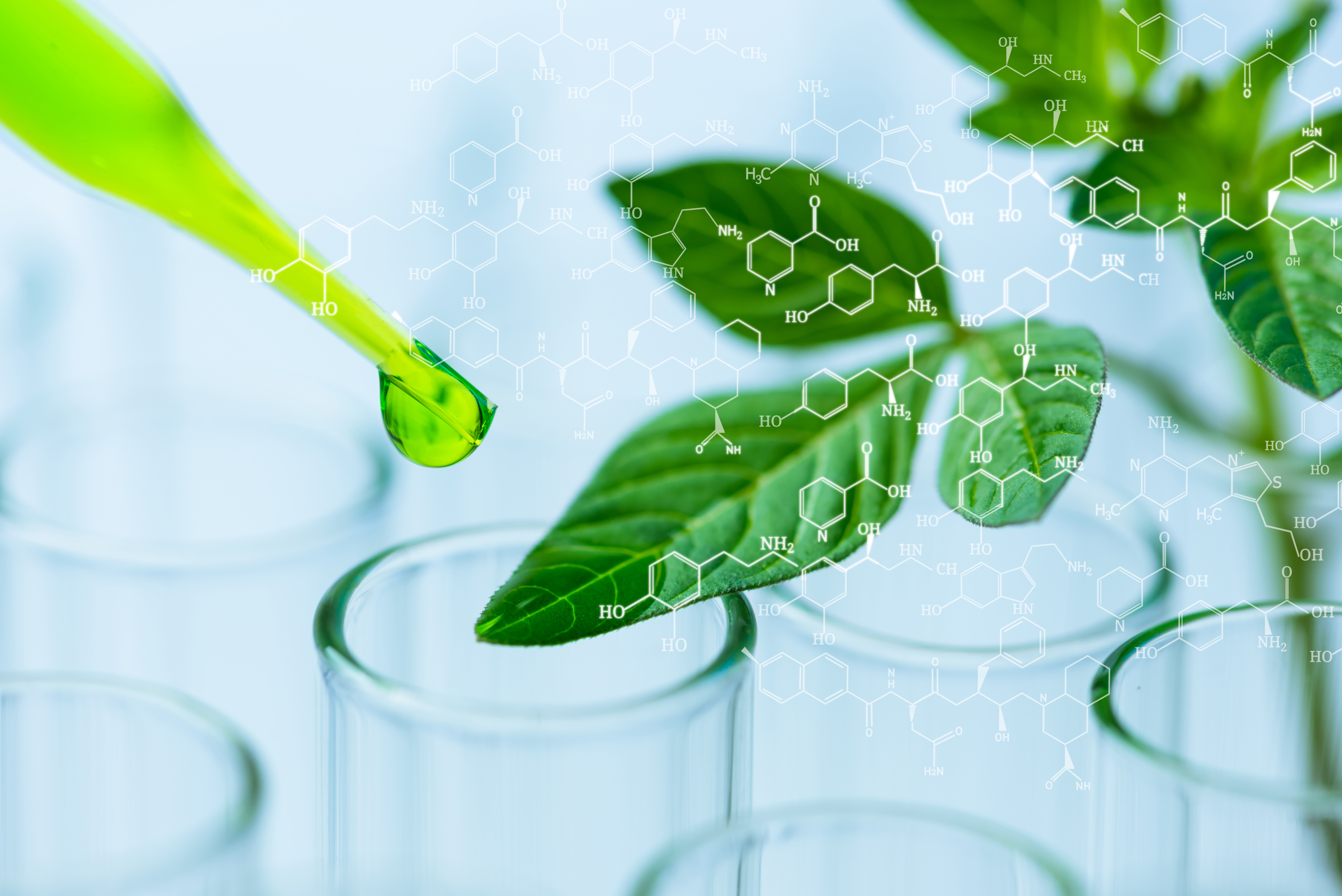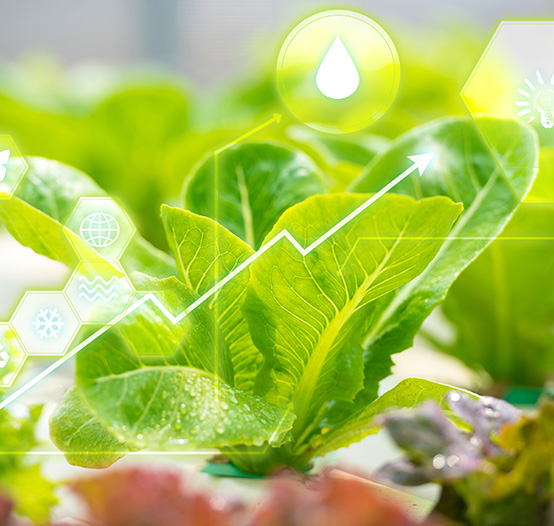THE UNIVERSITY OF TOKYO
English PAGE

Wataru Yamori ![]()
![]()
![]()
Selected as Highly Cited Researchers 2023, 2025 in the field of Plant &
Animal Science, announced by Clarivate Analytics
PLANT SCIENCE THAT CONNECTS THE LABORATORY & THE FIELD
We study the function of photosynthesis to clarify the mechanisms of crops’
environmental responses. Our goal is to improve productivity of the crops
using physiological ecology and molecular physiology techniques.
<KEY WORDS>
crop production, photosynthesis, environmental response, plant factory,
Arabidopsis thaliana, rice, lettuce, tomato, medicinal plant
(1) Elucidate the entire photosynthetic system

Photosynthesis is a process to convert light energy into chemical energy and fix CO2 into carbohydrate. We have already known the basic mechanism of photosynthesis and factors involved in the process. However, it is still unknown how these factors interact each other and which factor plays a major role in controlling the photosynthetic system under various environmental conditions. We are aiming to comprehensively elucidate the whole processes of photosynthesis.
Previous Research Topics
・Mechanisms of temperature dependences of the temperature-photosynthesis
curve
・New physiological functions of cyclic electron transport pathways in the
photosynthesis
・Biochemical and stomatal limitation of the photosynthetic induction response
under various environmental conditions and its ecological significance
(2) Cope with food shortages

As plants cannot move, they must cope with diverse, highly dynamic, and
unpredictable conditions at different times of a day and a year in natural
environments (such as light intensity, temperature and humidity). For instance,
light condition fluctuates depending on the weather as well as self- and
mutual shading. Although plants have many kinds of physiological functions
to acclimate and adapt to the various environmental conditions, these stresses
suppress productivity of the crops.
We study the mechanism of environmental responses of photosynthesis using
wild and mutant plants of Arabidopsis thaliana, rice and tabaco. In addition
to the basic research, we conduct applied research about enhancing photosynthesis
and crop production under various environmental conditions. These applied
researches can help find a way to supply crops constantly and to solve
food shortages, as well as to suppress the rise of atmospheric CO2 concentrations,
which are the most important topics to work on.
Previous Research Topics
・Elucidation of a mechanism of dynamic photosynthetic response to fluctuating
light environments
・New mechanism of plants to acclimate to high temperature
・Identification of the chemical substances that control plants’ photosynthetic
systems and water use efficiency and analysis of its mechanism
(3) New fertilizers to increase photosynthesis and crop productivity

To cope with the serious global food shortage, increasing crop yields is one of the most important issues for our society and for plant science. Technological innovations such as improving photosynthesis and crop productivity and drastically developing environmental stress tolerance without relying on genetic recombination are essential. We aim to improve photosynthesis and crop productivity by utilizing a compound library that includes low-molecular substances with a wide variety of characteristics. Specifically, we have developed a system that visualizes and quantifies the effects of various compounds on photosynthesis and plant growth at many levels from the tissue to individuals using a photosynthesis visualization device. In the future, we will identify new compounds that contribute to photosynthesis and improvement of crop productivity to comprehensively elucidate the role of these compounds. At the same time, we will develop pesticides and fertilizers in collaboration with pesticide companies.
(4) Develop cultivating systems in plant factories

Improving crop yield is one of the most important topics in plant sciences,
since the rapid global population growth and environmental changes result
in the acute shortage of food. Therefore, one of our research goals is
to supply grain and crops stably. As the first step, we are developing
a plant factory that is environmentally friendly and has stable productivity.
Plant factory is a futuristic agricultural system that automatically controls
cultivation environment such as light, temperature, humidity and CO2 concentration,
and supply of water and fertilizers. As plants are cultivated systematically
from sowing to shipping, plant factories can produce high-quality crops
faster than conventional agriculture.
Previous Research Topics
・Development of a new cultivation system that inhibit leaf senescence by
upward lighting
・Increase of anti-Alzheimer's substances in medicinal plants using plant
factory techniques
・Improvement of yield and quality of tomatoes by supplemental LED lighting
at night and under cloudy conditions
We promote collaborative research. Please contact us anytime!!
RECRUITMENT
We are always welcoming new members who are interested in solving food and environmental problems.

There are several ways to join us.
1. 4th year undergraduate students
Students from Major in Applied Biology, Graduate School of Agricultural
and Life Sciences, Faculty of Agriculture, The University of Tokyo can
choose our lab to conduct a graduation thesis project.
Major in Applied Biology
2. Graduate students
Apply for the Department of Agricultural and Environmental Biology, Graduate
School of Agricultural and Life Sciences, The University of Tokyo
Department of Agricultural and Environmental Biology
Graduate Admission
3. Research students
4. Post-doc
Research Fellowship for Young Scientists, Japan Society for the Promotion
of Science We will support you making a research plan and writing the application
form. Please contact us if you are interested.
ALUMNI’S CAREER
High school teacher; government worker; School of Science, The University of Tokyo; Assistant Professor at Yangtze Normal University (China); Assistant Professor at Shandong Agricultural University (China); Research fellow at Ethiopian Institute of Agricultural Research (Ethiopia); Lecturer at Jiangsu Vocational College of Agriculture and Forestry (China)THE UNIVERSITY OF TOKYO
〒188-0002
Graduate School of Agricultural and Life Sciences, Institute for Sustainable
Agro-ecosystem Services, 1-1-1 Midori-cho, Nishitokyo, Tokyo 188-0002,
Japan
<Access to the LAB>
yamori(a)g.ecc.u-tokyo.ac.jp